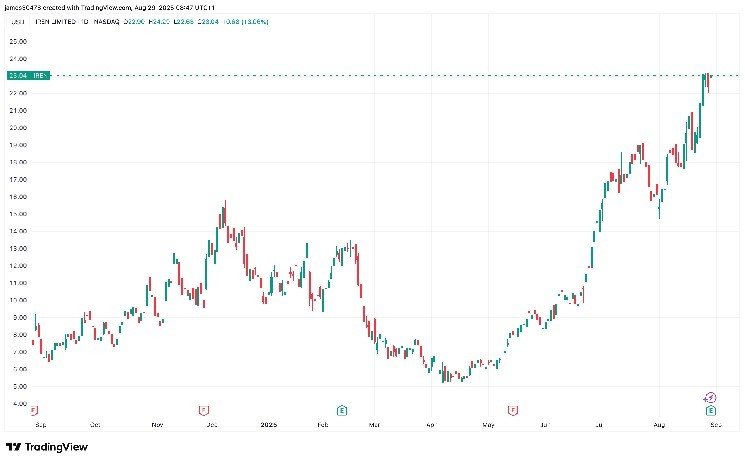
Study Finds ADHD Videos on TikTok Often Contain Misinformation
A new study has revealed that a significant number of popular TikTok videos about attention-deficit/hyperactivity disorder (ADHD) contain misleading information, making it difficult for viewers to differentiate between accurate insights and misinformation.
Widespread Misinformation in ADHD Content
Published on March 19 in PLOS One, the study analyzed highly viewed ADHD-related TikTok videos and found that fewer than 50% of them aligned with professional diagnostic criteria or evidence-based treatment recommendations. Even individuals already diagnosed with ADHD struggled to determine which videos contained accurate information.
Alarmingly, about half of the TikTok creators studied were using the platform to promote products like fidget spinners or offer coaching services, yet none were licensed mental health professionals.

Concerns Over Self-Diagnosis and Misleading Symptoms
Lead researcher Vasileia Karasavva, a doctoral student in clinical psychology at the University of British Columbia, highlighted concerns about the lack of context in ADHD-related content. She pointed out that while creators often discuss symptoms like difficulty concentrating, they fail to mention that such issues could stem from other mental health conditions, such as depression or anxiety.
“The goal isn’t to discourage people from sharing their experiences or finding community,” Karasavva explained. “However, misinterpreting symptoms can lead to self-diagnosing with a condition that doesn’t apply, preventing individuals from seeking the right help.”
This study echoes findings from a 2022 analysis of 100 popular ADHD-related TikTok videos, which also determined that half of them contained misleading claims.
TikTok ’s Algorithm and Public Perception of ADHD
The study involved licensed clinical psychologists reviewing the 100 most-watched ADHD TikTok videos in January 2023. They assessed whether the videos accurately reflected ADHD symptoms as outlined in the Diagnostic and Statistical Manual of Mental Disorders (DSM-5). If a claim was inaccurate, they determined whether it better aligned with another disorder or was a common experience unrelated to ADHD.
Researchers also enlisted over 840 undergraduate students to evaluate the videos. The results showed that participants who frequently consumed ADHD-related TikTok content were more likely to recommend both the most reputable and the least accurate videos, demonstrating the influence of repeated exposure on perceived credibility.
Karasavva suggested that TikTok’s algorithm, which frequently reinforces previously viewed content, may contribute to the spread of misinformation. “When you keep encountering the same information, it’s easy to assume it must be true,” she noted.
Additionally, students in the study significantly overestimated the prevalence of ADHD, further highlighting the impact of misleading social media narratives.
Margaret Sibley, a professor of psychiatry at the University of Washington School of Medicine, warned that the dominance of certain voices on TikTok could distort public understanding of ADHD. “The platform doesn’t always provide the full picture, and it can amplify the loudest voices rather than the most accurate ones,” she said.
relevant news: HERE

















